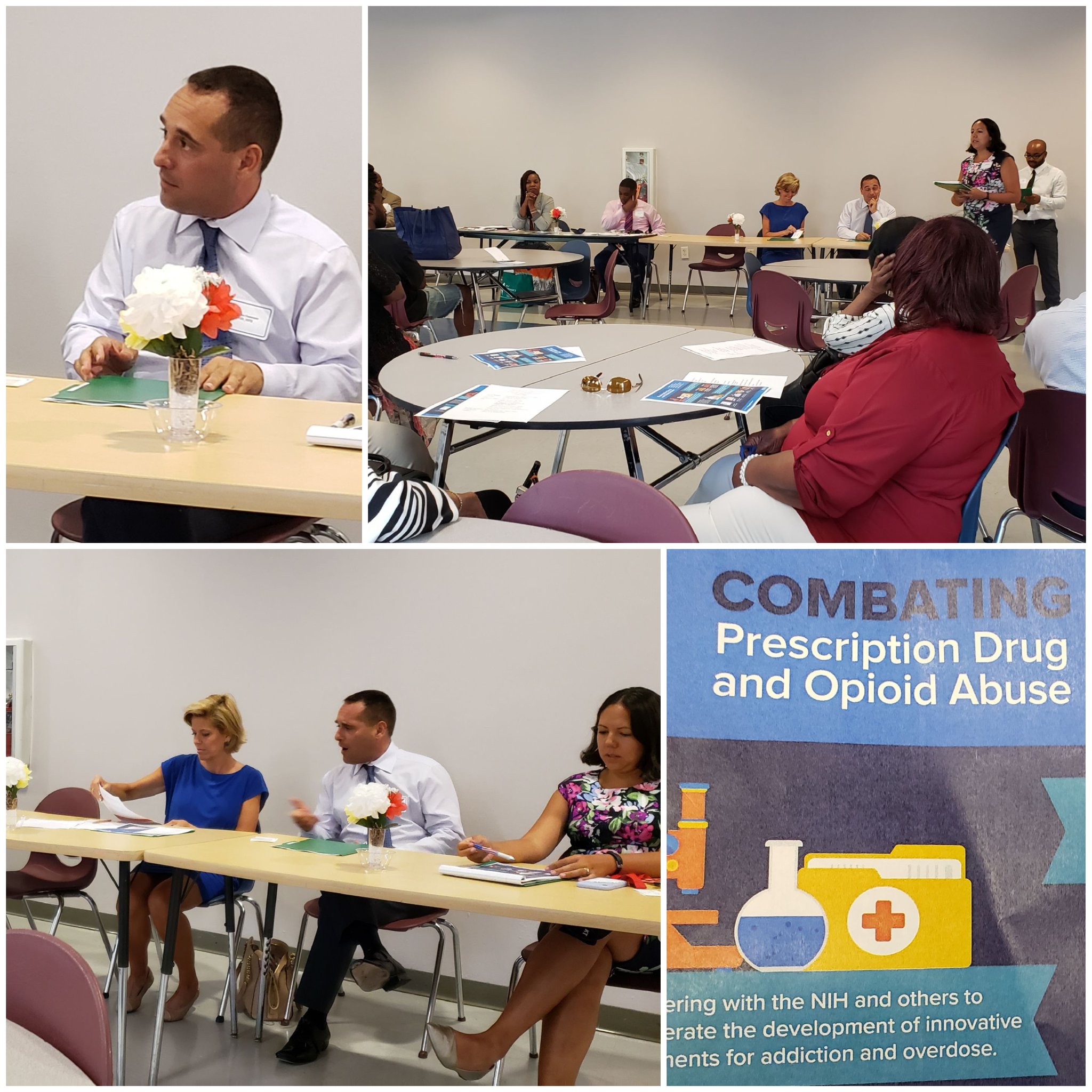Opioid Policies

Much like the rest of the United States, residents of the District of Columbia are struggling with substance use disorder (SUD) rate increases and high rates of opioid-related deaths. Unfortunately, these are multi-faceted issues that require year-long initiatives and systematic programs to address the myriad causes of addiction.
MSDC stands as a partner to the District government and private entities to help arrest the rates of opioid and substance abuse in the District. Through our advocacy for better prescribing practices, education on addiction, and even helping our own community through our Physician Health Program, MSDC is working to make DC a leader in reducing SUD, OUD, and addiction.
On a related note, MSDC is passionate about helping patients make prescriptions and medication more affordable. Whether expanding access to biosimilars or advocating for more affordable co-pays, MSDC wants to help our patients afford the medications they need.
MSDC Statement and Testimony on Opioid and Prescription Issues
25th Council information coming soon
MSDC Board Looks Back on Productive Past and Ahead to Bright Future
The Medical Society of DC Board of Directors met on Monday with an agenda full of planning for the year ahead but recognizing the achievements of the past 12 months.
 For the second time, the Board met in a hybrid format. Board members in person got to visit the MSDC office on Pennsylvania Avenue while other Board members participated via Zoom.
For the second time, the Board met in a hybrid format. Board members in person got to visit the MSDC office on Pennsylvania Avenue while other Board members participated via Zoom.
As they do at every December meeting, the MSDC Board members elected their officers for the upcoming year. Annually, the Board votes on executive committee positions not elected by MSDC members and chosen from the members of the Board. The following individuals were elected by unanimous vote:
J. Desiree Pineda, MD - Chair, Board of Directors
Laurie Duncan, MBBS - Secretary
Raymond K. Tu, MD - Treasurer
Matthew Lecuyer, MD - At-large member of the Executive Committee
The meeting also had a guest presentation by American College of Physicians (ACP) Governor Shmuel Shoham, MD and DC Chapter Advocacy Chair Lawrence Klein, MD. Drs. Shoham and Klein outlined ACP-DC's priorities for the upcoming year and led a discussion on how MSDC and ACP-DC can collaborate on issues. Another guest was Physician Health Committee Chair Charles Samenow, MD, who updated the Board on the Committee's activities.
As part of the meeting, the Board discussed some of the achievements of the past year, including:
- Creation of a new Private Practice Physician Section
- Creation of an Advocacy Curriculum
- Introduction of MSDC Wellbeing App
- Surpassing 3,100 members
The next meeting of the Board of Directors is February 28, 2022, at MSDC's offices.
Sample of Legislation MSDC Tracked on Opioid and Prescription Policy
What does it do? The bill authorizes licensed pahrmacists to dispense interchangeable biological products and requires notifications to physicians when such interchangeables are dispensed.
MSDC position: MSDC has a position of priority support on this legislation, identifying its passage as one of its highest legislative priorities.
Current status: SUCCESS. The bill was passed by the Council and signed by the Mayor.
What does it do? The bill requires prescription opioid medications to include a statement that the drug is an opioid and opioids may cause dependence, addiction, or overdoes.
MSDC position: MSDC supports the legislation.
Current status: The bill had a hearing before the Committee on Health on July 29, 2020. MSDC leader Dr. Sam Kareff testified for the Medical Society. It passed the Council on November 10 and was signed by the Mayor December 7.
What does it do? The bill prohibits insurance companies from factoring the use of PreP in decisions related to disability, life, or long-term care policies.
MSDC position: MSDC supports this legislation
Current status: The bill was introduced on January 8, 2019 and assigned to the Committee on Business and Economic Development.

Leave a comment